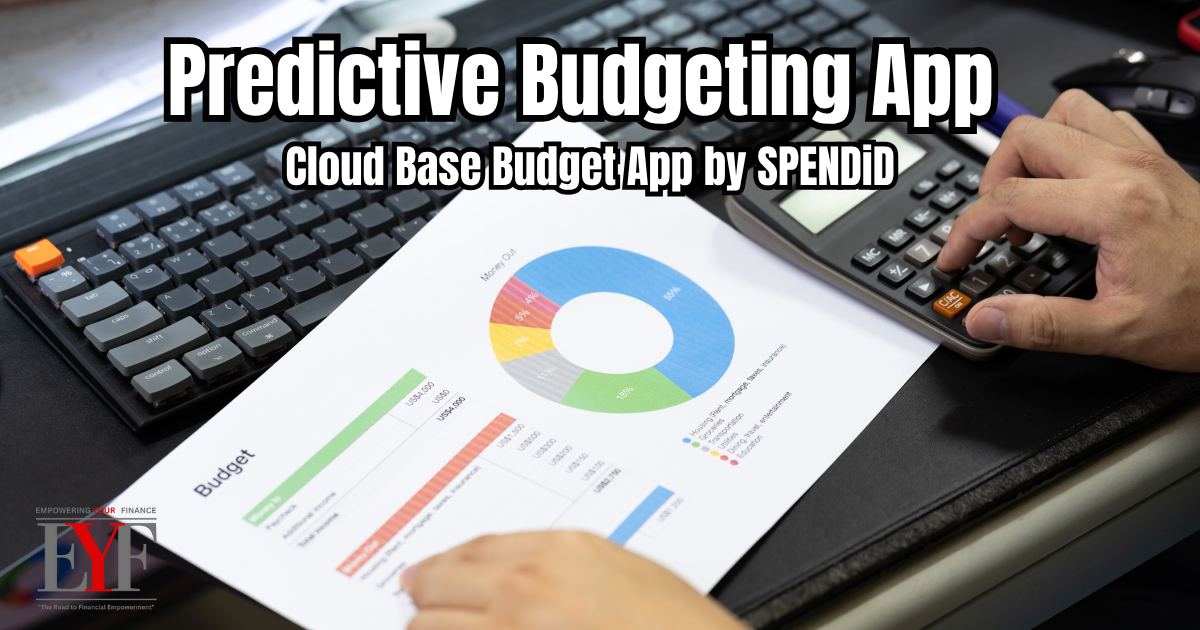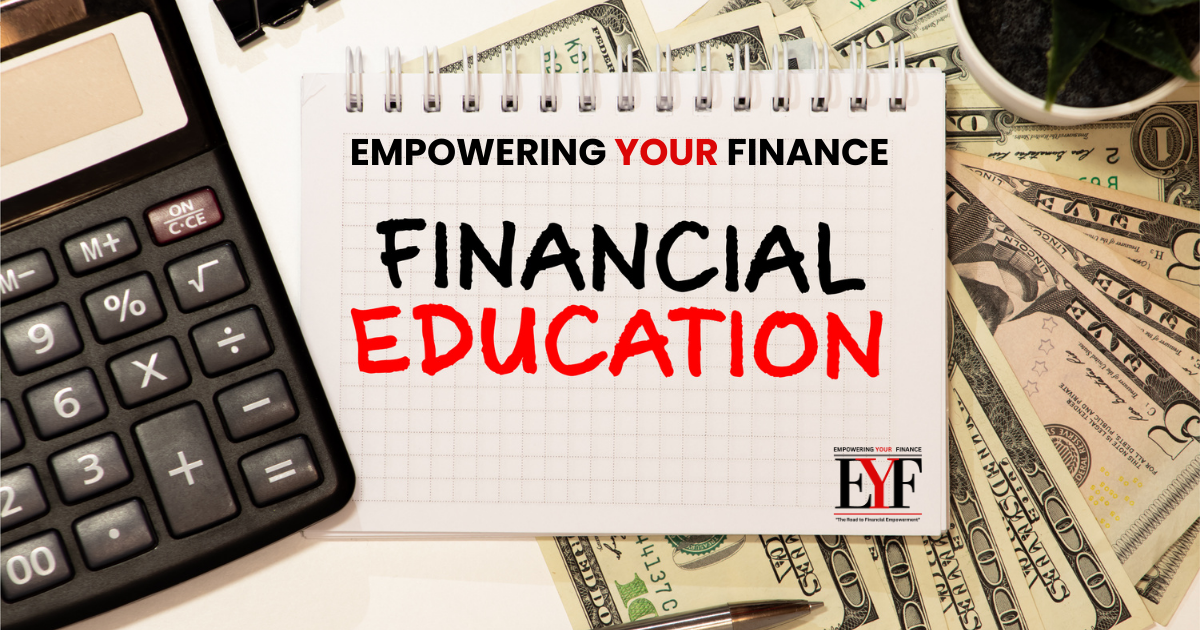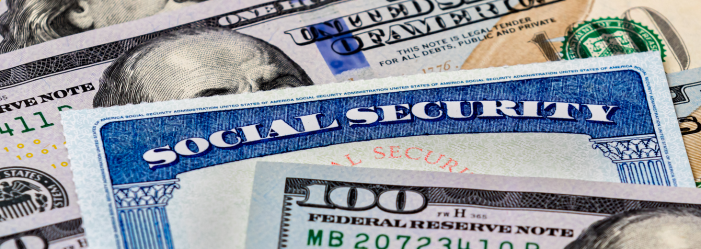How Do Banks Make Money? The Top 5 Primary Source

How Do Banks Make Money? The Top 5 Primary Source
Do you wonder how exactly banks make money? Banks always seem to have pretty lovely buildings, and many of the skyscrapers in larger cities have the name of a bank prominently displayed on the side. Even better, the employees are always well-dressed. It’s one of the few places left where you can find a man wearing a suit that isn’t attending a funeral.
The primary source of income for a bank is lending money. They lend money at an interest rate higher than the cost of the funds they are lending to consumers. Banks pay for money through interest-bearing accounts, CDs, and other short-term instruments. The difference between the interest they are paying and receiving is known as the ‘spread.’
Check out these sources of funds for most commercial banks:
1. Deposits are the largest source of money for lending. The amount you have in your local bank in the form of a checking, savings, or another similar account. The banks considered these accounts as ‘core deposits.’
These are considered to be very short-term deposits. Though most accounts are several years old, banking customers are free to withdraw their deposits at any time.
This convenience, plus the fact that deposits insured to $250,000, means that banks pay little to no interest for this money.
2. Wholesale deposits refer to monies that a bank borrows from wholesale sources. These wholesale sources are typically other banking institutions. This money is typically more expensive than cash acquired through customer deposits.
If you’re ever investing in a bank that relies heavily on wholesale deposits, remember that the earnings are likely to be less since the spread is less.
The bank would most likely have to make riskier loans at higher interest rates to make up the difference.
3. Shareholder equity is another source of funds for lending. When a bank issues or sells stock shares, they’ll use much of that money for lending. There are many regulations, and lending ratios banks must adhere to when using shareholder equity for lending.
This funding source isn’t free, although it might appear to be. Most banks pay dividends to shareholders, even though they aren’t required. Equity raised through the sale of common stock shares is called ‘common equity.’
In times of trouble, banks can issue preferred stock to raise the capital they desperately need. This capital is costly. Usually, banks reserve the right to buy back preferred shares and do so when their financial situation is better.
All equity capital is expensive, and banks will avoid using this source of funds unless necessary.
4. As other corporations do, banks will also issue debt to raise capital . Bank bonds are like the bonds any other company issues when it needs to raise money. Debt is a small percentage of the funds banks use to make loans.
5. Most of the commercial bank lending in the United States is consumer lending. The vast majority of consumer lending is residential mortgages. Mortgages being purchase are secured by the property.
The loans are relatively low-risk for the lenders.
Automobile lending is also a significant source of income for banks. Banks face more competition with these loans. The terms are shorter with higher interest rates, and these loans have a higher profit per unit of time.
Credit cards are another form of lending. These are unsecured lines of credit. The bank makes money from all the various fees associated with credit cards, the most lucrative being ‘late fees.’
Banks make money primarily through a variety of loan products. The funds used for the loans come mainly from depositors, though there are other sources of funds that banks utilize. The next time you go into your local bank, you’ll have a better idea of what’s paying for all of those employees and fancy branch offices.










